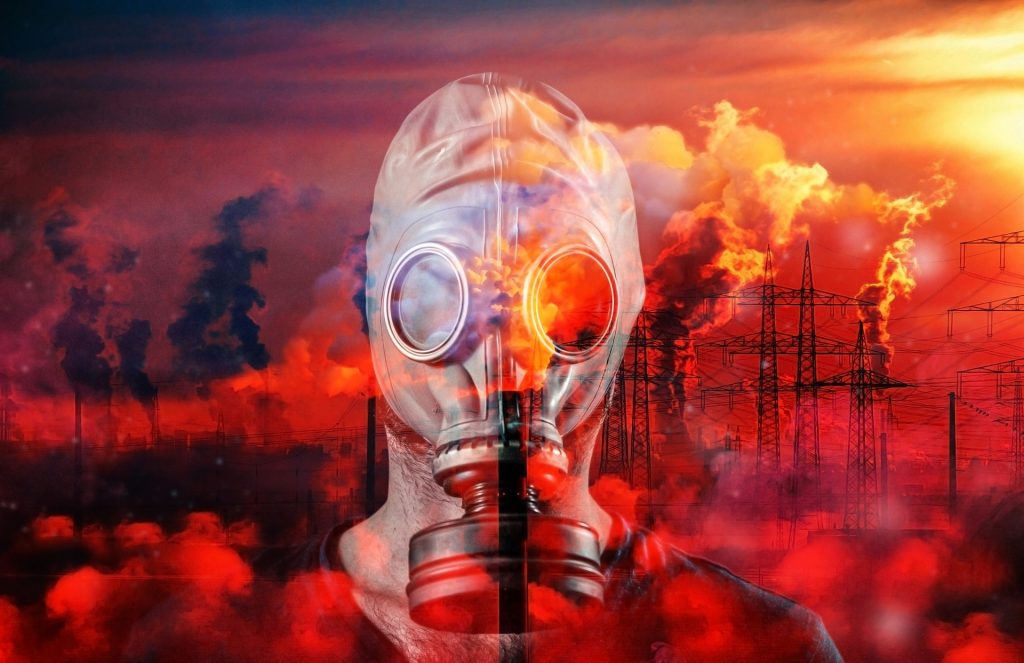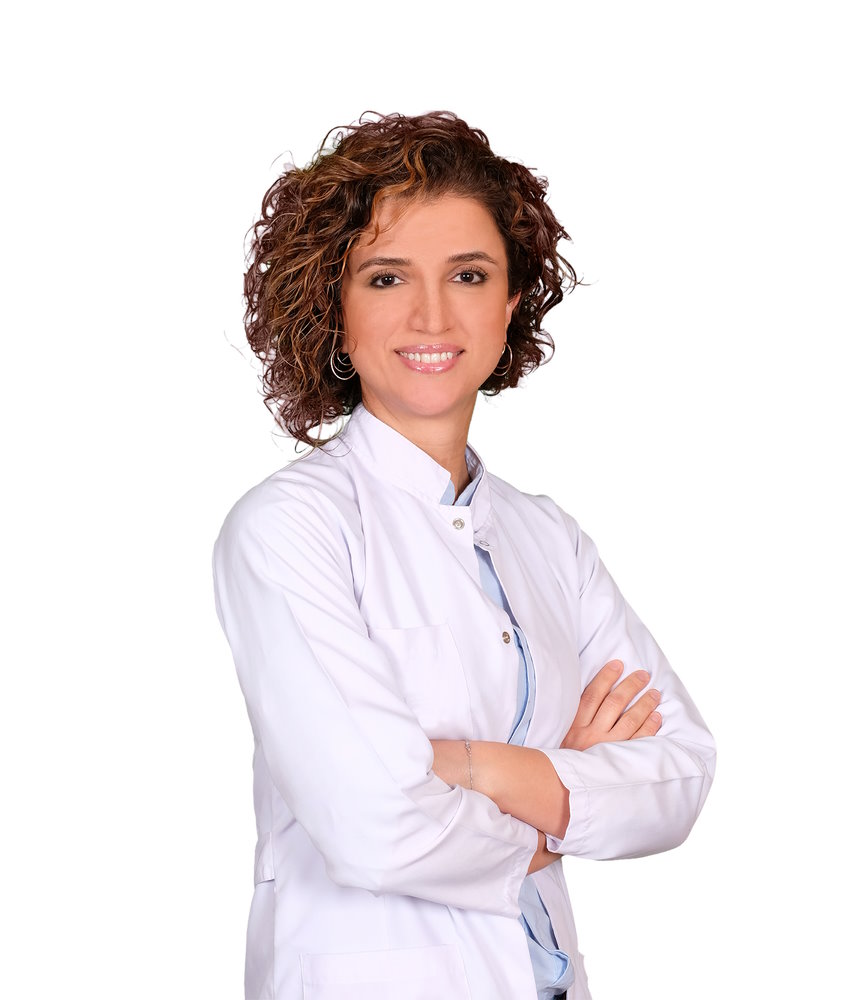Double risk after 5000 flight hours and permanent exposure to radiation.
The risk of melanoma, the most prevalent form of skin cancer, is twice as high for pilots and flight attendants as it is for the general public according to several studies conducted in the United States. Every additional 900 m of altitude above sea level, increases the intensity of UV radiation. Higher exposure to ultraviolet rays passing through aircraft windshields and glass portholes at high altitudes, as well as the number of hours and circadian rhythm, are all factors contributing to this significantly higher occurrence explains Conf. Dr. Oncologist Leyla Özer- Acibadem Atakent Hospital Istanbul.
How can pilots, or cabin crew be protected?
Dr. Leyla Özer: The risk of exposure to ionizing radiation for pilots and cabin crew is a well-known but an under-estimated entity. The levels of ionizing radiation are regularly monitored in order to protect from associated malignancies. However UV exposure had not been a well-recognized risk factor previously before this meta-analysis you have mentioned. In fact, according to Federal Aviation Administration reports from different aircrafts ; UVB (280-320 nm) transmission through both glass and plastic windshields was less than 1%. On the other hand, UVA (320-380 nm) transmission seems to be dependent on the windshield material. Plastic materials block almost all UVA radiation but only half was blocked by the glass material.
Altitude is also another risk factor, every additional 900 m of altitude above sea level, increases the intensity of UV radiation 15%. At regular high altitudes for most commercial aircraft flies, the UV level is nearly twice that of the ground. The amount seems to increase with thick cloud layers and snow fields reaching up to 85% of reflected UV radiation. In fact the exact magnitude of risk varies between studies. An in-depth analysis of the scientific literature of melanoma incidence conclusively demonstrated a consistent doubling of risk for both pilots and cabin crew. And for pilots in particular, after 5,000 aggregated hours’ flying time. This corresponds to approximately 5 or more years aggregated duration of employment.

What other causes can lie in the formation of these cells?
Dr. Leyla Özer: There are other causes that may contribute to the increased risk such as disruption of the circadian rhythm through shift work. Thus although the activities of pilots and cabin crew including flight hours, rest periods, and stopovers are highly regulated, still some precautions may help reduce the risk of UVA exposure. On long haul flights pilots may be able to take up to 45 minutes inflight rest. A local night’s rest depending on the length of flight and time zones will also help reducing the exposure and regulating circadian rhythm. An overnight stay after a flight before returning home after a suitable rest-period would be useful for not only decreasing the risk of melanoma but also for other cancers associated with radiation exposure.
What kind of test they should do to avoid developing a form of cancer?
Dr. Leyla Özer: The major screening tests for cancer are for those which can be prevented and those that could easily be detected with simple and noninvasive tools. These cancers can be totally cured if they are detected in the early stages. As a matter of fact, pilots and flight crew are usually advantageous when compared with the general population since they undergo regular health screening tests. These programmes include breast, cervical, colon, prostate cancer, melanoma and recently lung cancer screening. To start with there are some signs and symptoms that may point at malignant features for a nevus (mole). There are some simple rules to differentiate an ordinary mole from malignant melanoma. Asymmetry, irregular, uneven, blurred borders, irregular patterns of color within the mole, and the increase in the size of a pre-existing mole or a newly appearing mole may be signs for alarm.
“Self-decontamination after radiation exposure mainly consists of removing the clothes”
For breast cancer screening regular digital mammography, combined with breast ultrasonography when necessary, after the age of 40 and every year thereafter is recommended. Quitting smoking is the most effective way of preventing most types of cancer but in addition, low-dose computed tomography every year is specifically recommended as a lung cancer screening method for adults between ages 50 to 80 years who have a 20 pack-year smoking history and currently smoke or have quit within the past 15 years. Pap smear in combination with HPV testing should be done every 2-3 years after the age of 25 or after active sexual life.
For screening of colorectal cancer guaiac-based, fecal occult blood testing would be helpful to determine risky patients in an earlier setting. Yet the golden standard for screening colorectal cancer (CRC) is colonoscopy. For the general population screening with colonoscopy should start after age 50, but for those with a family history of CRC screening should better start 10 years before the age of the index patient in the family. A PSA blood test and a rectal examination after the age of 50 are recommended for prostate cancer screening.
When do we need to go to the doctor and at what symptoms to pay attention to?
Dr. Leyla Özer: It is important to detect a cancer before any symptom appears because most of the time signs and symptoms occur in the fairly more advanced stage. Thus keeping up with above-mentioned screening tests for cancer are crucial. Otherwise there are those cancer types which are not within the screening programme and may be associated directly with the radiation exposed by the pilot and the cabin crew. An unexplained loss of weight, extreme fatigue, sweating, any lump or enlarged lymph nodes in the body that have newly appeared , tendency for bleeding (easy bruise, epistaxis, blood in the urine, in the feces) may be alarming symptoms for both solid cancers and hematogenous or lymphoproliferative diseases. Change in bowel habits such as prolonged diarrhea, or constipation, dyspeptic symptoms such as bloating may be signs for gastrointestinal or in some cases intra abdominal cancers such as ovarian cancer.

How much is helping us a cold shower after a flight?
Dr. Leyla Özer: Cold bathing has been claimed to have multiple beneficial effects on health such as improvement of the immune system, cardiovascular circulation, and vitality, but any true association still remains unclear.
Self-decontamination after radiation exposure mainly consists of removing the clothes where 80% of the radiation ( in the form of dust) could be removed. Taking a warm shower with lots of soap or shampoo (but no hair conditioner) is also recommended but I really am not sure whether a cold shower would really help to remove the form of radiation-exposed during high-altitude flights.
“Avoiding red meats like beef, pork, and lamb”
What kind of diet we should have to avoid cancer?
Dr. Leyla Özer: Being overweight or obese is one of the main factors that increase the risk of cancer. Breast cancer for mainly post-menopausal but also valid for pre-menopausal women, colon and rectum, uterine, esophagus, pancreas, liver, and kidney cancers are highly related to being obese. Excess weight causes the body to make and circulate more estrogen and insulin. High estrogen levels and insulin resistance directly stimulate cancer growth. Being active can help reduce cancer by both controlling body weight, decreasing insulin levels in addition to improving the immune system activity.
150-300 minutes of moderate-intensity activity or 75-150 minutes of vigorous-intensity activity each week, or a combination of these is recommended for adults. Foods high in vitamins, minerals, and other nutrients such as a colorful variety of fruits, vegetables, fiber-rich beans, peas, and whole grains are the ‘healthy’ type of food. Avoiding red meats like beef, pork, and lamb, processed meats like bacon, sausage, luncheon meats, hot dogs is also necessary to protect ourselves from any type of cancer.



Very interesting.